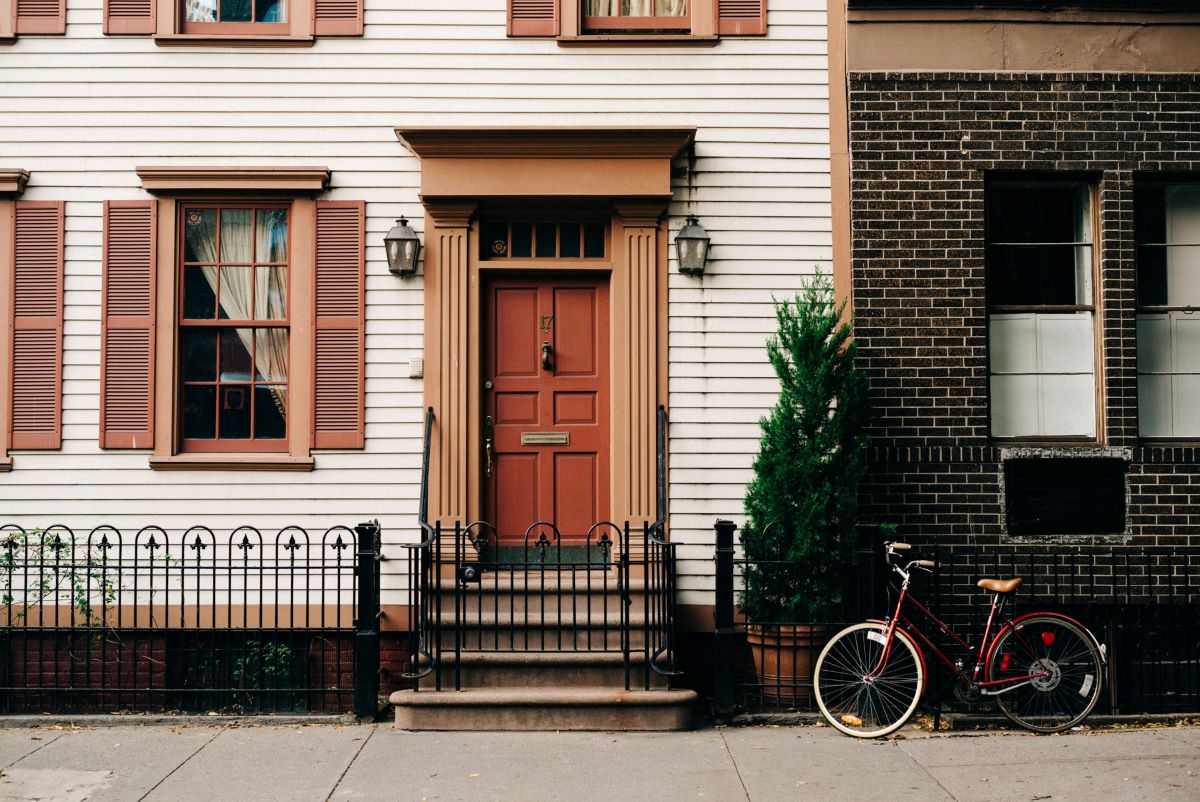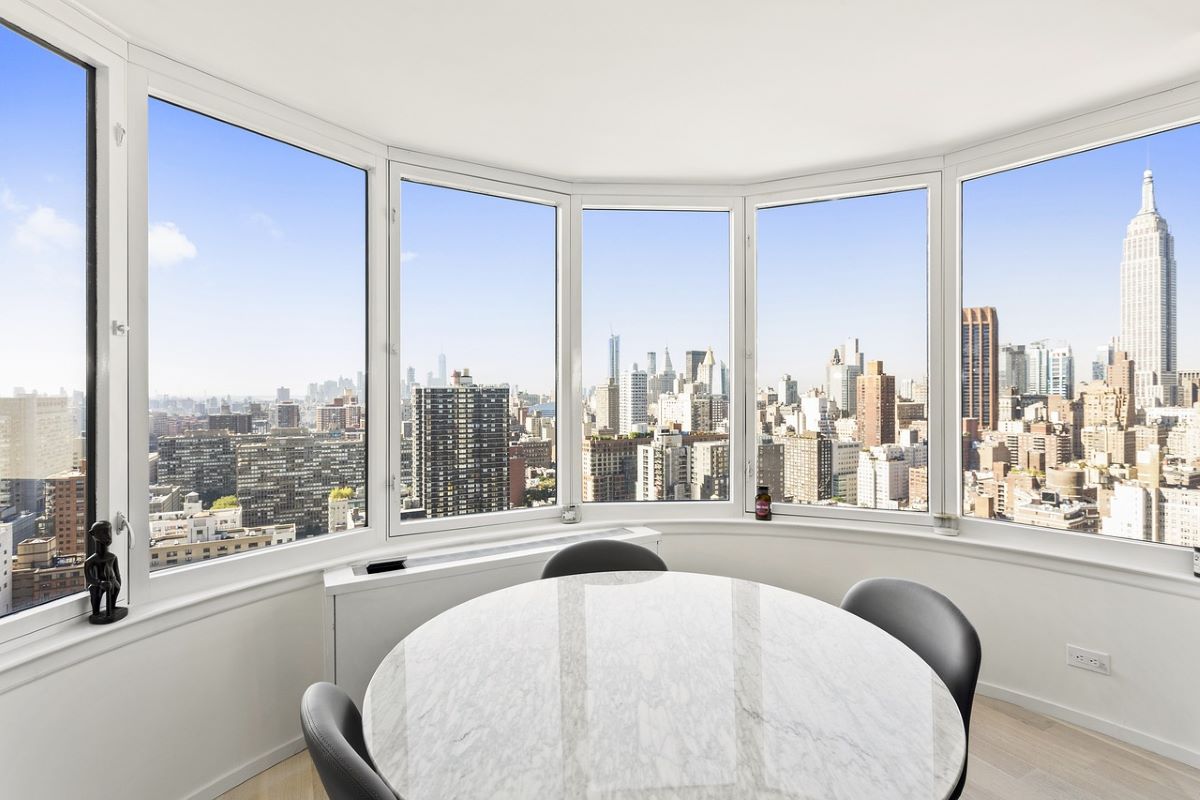Why Does Rent Increase Every Year?
If you're renting an apartment or home, it may feel like rent has been on an upward trajectory, increasing year after year. And, for some people, it has. Whether your rent increases yearly or remains steady depends to a large degree on the market you live in and, of course, your landlord or property manager. Some states also have regulations stating how much landlords can raise rent.

So, let's dive into the question: Why does rent increase every year, and which markets are affected the most? And what can you do to prepare for the inevitable?
Why does rent increase every year?
Your landlord cannot increase your rent until your lease expires. And it's at this time that you'll often find a rent hike, particularly if you signed a one-year lease. Generally, in "normal" years, you can expect your rent to increase by about 3 to 4 percent. Of course, we haven't really been normal since 2019, and normal is always hard to define.
According to the latest data from Rent., in September 2023, Orlando, FL, experienced some of the greatest monthly increases, while renters in Oklahoma City saw significant reductions. While Orlando's average rent increased by 5.40 percent, Oklahoma City's rent decreased by -19.41 percent. That puts Orlando's median rent at $2,224 and Oklahoma's at a tempting $1,147.
Supply and demand
Economics 101 states that there are two significant reasons why rent increases: supply and demand. The more people vying for the same rental unit, the more property managers can charge. There's also another reason: increasing costs. From insurance to property taxes, maintenance and repairs, a landlord's costs rise right along with everyone else's.
Renovations
And then, there's the third reason: renovations or amenities. The apartment complex may need a new roof, or a few units may need new refrigerators. No matter the upgrade, property managers must try to retain their profit margin, which ultimately means these costs get passed on to their tenants.
A change in the neighborhood
Have you ever lived in a historic neighborhood that underwent a major development? Suddenly, new restaurants and retail shops started popping up, and it became the in-place for Saturday strolls and Friday night revelry. And your rent probably went up.
When a neighborhood undergoes redevelopment and increases its economic value, rising rents are often a byproduct.

How much can a landlord legally raise rent?
Federal law does not set a limit on rent increases. However, state and local laws often place restrictions, particularly in places where housing costs are already astronomical, or housing is in short supply.
For instance, in California, properties under the Tenant Protection Act of 2019 can increase rent by 5% every year, plus the change in the cost of living or the Consumer Price Index (CPI). In September 2023, the CPI in Los Angeles rose by 0.3 percent. Therefore, property managers in L.A. can increase rent by 5.3%. Additionally, in California, if a landlord increases your rent by more than 10%, they must give you 90 days' notice before it can take effect. Confusing.
As you can imagine, state and local laws vary quite a bit. Usually, they're required to give you 30 to 60 days' notice. It's a good idea to check local regulations and thoroughly read your lease agreement before signing.

How much can landlords raise rent on a month-to-month lease?
A month-to-month lease is tempting for several reasons. One is that it offers flexibility. If you suddenly get a great job offer in another city, you can give a month's notice and be on your way. Two is that, should you find your upstairs neighbors extremely loud or the commute more than you anticipated, you can opt-out fairly easily.
Unfortunately, the downside to month-to-month leases is there's no protection from rent increases. In most states, property managers simply have to give you a 30-day notice in writing.

Can you avoid rent increases?
Unfortunately, avoiding rent increases can be challenging. Rising costs or increasing market values are impossible to control.
For instance, are you curious which metro areas have the highest average rentals? Not surprisingly, New York City tops the charts at $4,449. Coming in second is Boston, with an average rental price of $3,843. How about the lowest? That would be Oklahoma City.
Nevertheless, if you've been a good tenant, you can make your case. Turnover costs can range from $1,000 to $5,000 or more and include marketing, cleaning and any repairs. If you've paid your rent on time or early and have no noise complaints, they may consider the benefits outweigh the extra income. You can also sweeten the pot by offering to sign a longer lease than usual, such as a two-year lease.
Before you meet up with your landlord, you may want to read a book on the art of negotiation. Then, do some research on the cost of similar apartments in the area that offer comparable amenities and go into the meeting prepared.
Should you expect your rent to increase every year?
Sometimes, the answer to the question: Why does rent increase every year? is as simple as "because it can." However, due to new builds and lower demands, currently, you'll find many markets retaining the status quo.
According to Rent., on average, rents dropped in September 2023, the first time in six months. Of course, if you live in Mississippi, where rents have increased by almost 16 percent compared to September 2022, you probably didn't notice much.

Should you pay the rent increase or move out?
To pay or not to pay a rent increase; that is the question. The answer lies in your budget and how much you like your present home. According to Chase Bank, no more than 30% of your monthly income should go to rent. Therefore, if you make $6,000 a month, your rent should top out at about $1,800. That figure also depends on your other bills.
The other consideration is moving costs. Are you gathering friends and a moving truck, or are you paying for movers? The factors determining your move's cost include the distance and amount of goods. And don't forget to factor in the first and last month's rent and the security deposit.
You never know what life has in store. Moving may not have been on your radar, but when you looked around, you found your dream home or the amenities that significantly impact your lifestyle for the better. On the other hand, you may realize how much you appreciate your current home and decide it's well worth the rent increase.
